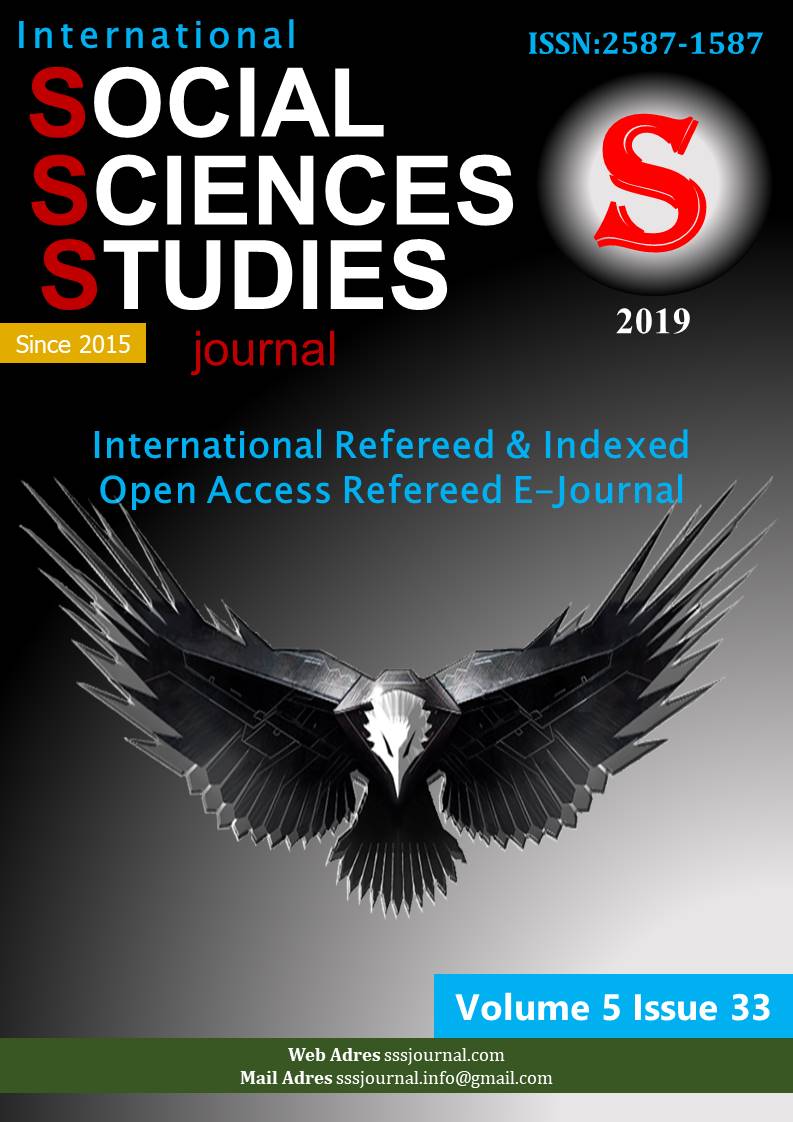Author :
Abstract
Ortadoğu etnik, kültürel, dini çeşitliliği çok olan bir yapıya sahiptir. Bu yapının unsurlarından biride kendine özgü kapalı bir grup olan Nusayrilerdir. Suriye Devlet yönetimindeki Esad ailesi ve Suriye’de gerçekleşen iç savaş nedeniyle gerek medyada gerekse akademik makalelerde Nusayri ismi sık sık zikredilmektedir. Peki, kimdir Nusayriler? Suriye devlet yapılanmasında ilerlemelerinin inançlarıyla bağlantısı var mıdır? Nusayrilik inancı tarihsel süreç içerisinde bir ideolojiye dönüşmüş müdür ya da çıkışı itibariyle zaten ideolojik bir yapıda mıdır? Şüphesiz ki bu sorulara cevap verebilmek için gerek dinsel, gerekse kültürel olarak Nusayrilerin tarihi ve antropolojik gelişimini incelememiz gerekmektedir. Bu çalışmada sırasıyla önce Nusayriliğin ilk oluşumunu, inanç sistemlerini, kültürlerini, yerleşim yerlerinin dağılımını ve tarih içinde nasıl değişim gösterdiklerini anlamaya çalıştık. Kapalı bir toplum olan Nusayrilerin siyasi anlamda ilerlemelerinin dini inançlarıyla olan bağlantısını, inançlarının siyasal bir ideolojiye dönüşüp dönüşmediğini ve ideolojik karakterde olan bir inancın kendini nasıl yansıttığı konularını değerlendirdik.
Keywords
Abstract
The Middle East has a structure with a wide ethnic, cultural, religious variety. One of the elements of this structure is the Nusayris, a unique closed group. Nusayri name is often mentioned both in the media and in academic articles due to the Assad family in the Syrian state administration and the civil war in Syria. So, who are these Nusayris? Is their advancement in the Syrian state structure linked to their beliefs? Has Nusayri belief turned into an ideology in the historical process, or was it already an ideological structure in its emergence? There is no doubt that to answer these questions it is necessary to examine the history and anthropological development of Nusayris both religiously and culturally. In this study, we have tried to understand the formation of Nusayris, their belief systems, culture, the distribution of their settlements and how they have changed throughout history, respectively. We have evaluated the relationship between the political progress of the closed society of Nusayris with their belief, whether their belief has turned into a political ideology and how a belief with an ideological character reflects itself.





